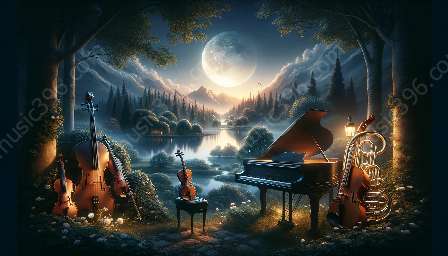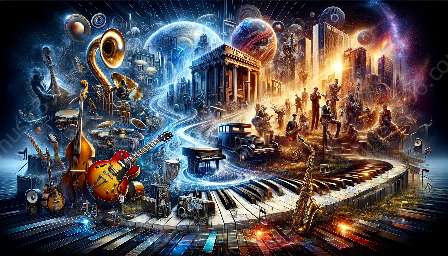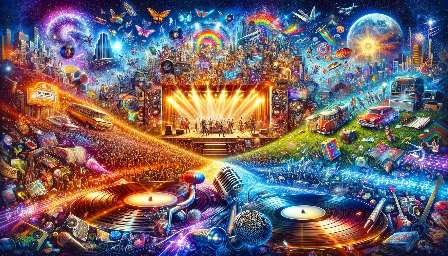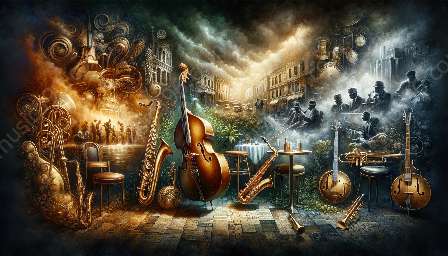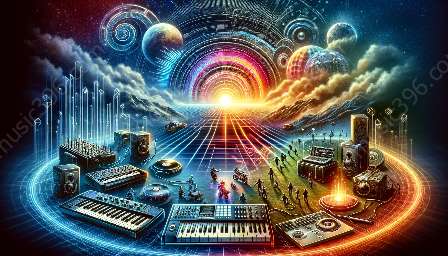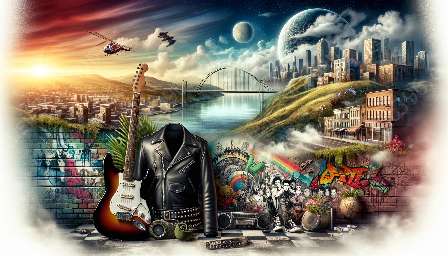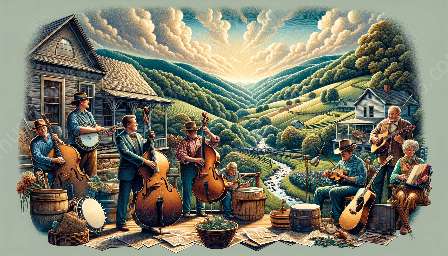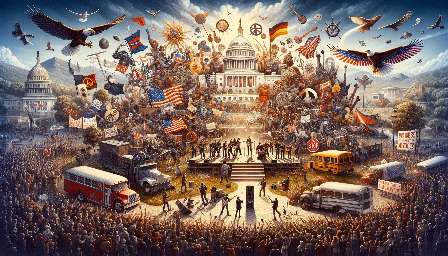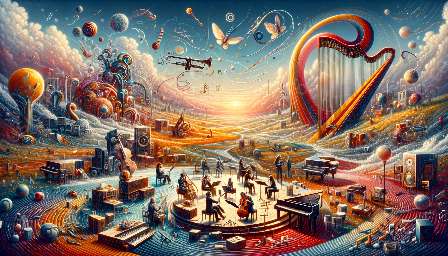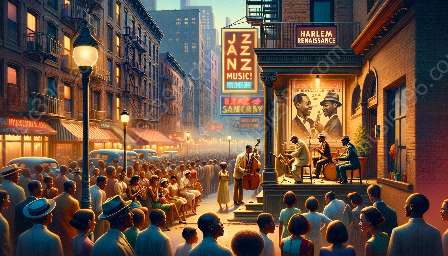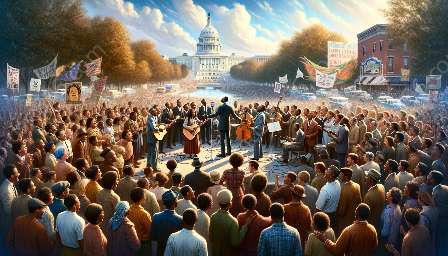Disco music, with its infectious beats and flashy style, has had a profound impact on the history of music. However, it has also been the subject of various criticisms and controversies that have shaped its place in popular culture. Understanding the key criticisms surrounding disco music is essential to appreciate its influence and significance in the history of music.
History of Disco Music
To comprehend the controversies surrounding disco music, it's crucial to delve into its history and evolution. Disco emerged in the 1970s in the United States, particularly in urban and night club settings. It was heavily influenced by funk, soul, and Latin music, characterized by its danceable rhythms and opulent production. The disco culture also brought about its distinct fashion and lifestyle, further cementing its status as a cultural phenomenon.
Impact on the Music Industry
Disco music revolutionized the music industry by introducing new sound engineering techniques and promoting inclusivity. It provided a platform for marginalized communities, particularly the LGBTQ+ and African American communities, to express themselves and celebrate their identities. However, this newfound prominence also attracted criticisms and pushback from various sectors of society.
Key Criticisms and Controversies
One of the primary criticisms leveled against disco music was its perceived shallowness and commercialization. Critics argued that disco prioritized style over substance and lacked the artistic depth found in other genres. This criticism was fueled by the proliferation of formulaic disco hits and the commercialization of the genre, which led to an oversaturation of disco music in the market.
Additionally, disco's association with hedonistic lifestyles and excessive party culture drew criticism from conservative and religious groups. The extravagant disco clubs and the use of drugs and alcohol within the disco scene sparked moral panic and backlash, leading to calls for censorship and restrictions on disco music and its cultural influence.
Moreover, disco faced opposition from rock music enthusiasts and fans, leading to the infamous 'Disco Demolition Night' in 1979. This event, held at Chicago's Comiskey Park, saw a public display of disdain for disco, symbolized by the destruction of disco records. The backlash against disco reflected a cultural divide and a clash of musical tastes, with rock purists rejecting the perceived superficiality of disco.
Legacy and Influence
Despite the controversies and criticisms, disco music left an indelible mark on the history of music. Its influence can be seen in various music genres that followed, including dance, electronic, and pop music. The innovative production techniques and emphasis on danceable rhythms continue to shape contemporary music, reaffirming disco's enduring legacy.
In conclusion, the criticisms and controversies surrounding disco music offer insight into its complex relationship with popular culture and the wider music landscape. By examining these critiques, we gain a deeper understanding of the socio-cultural dynamics that have shaped the history of music and continue to influence musical expression today.





